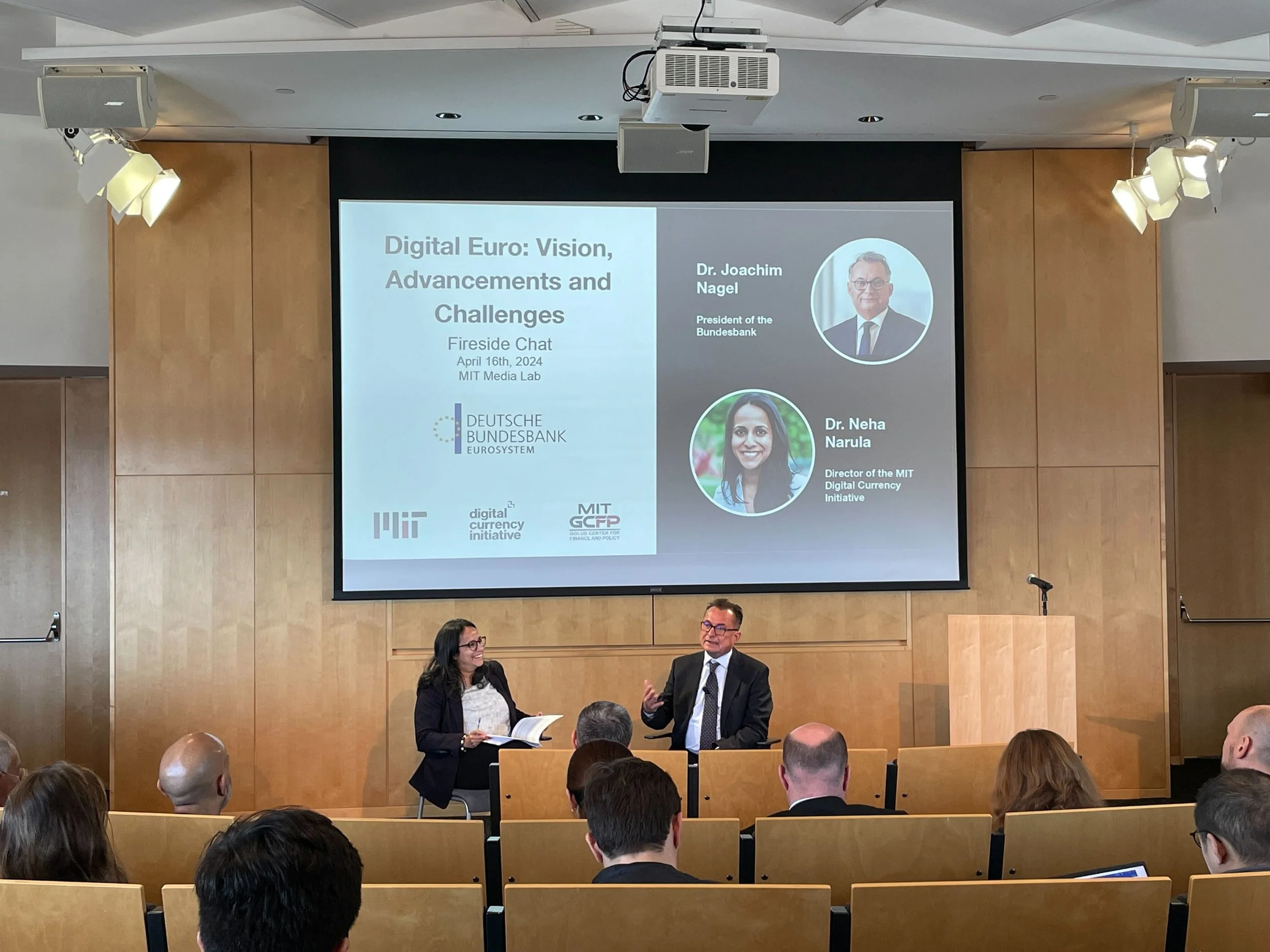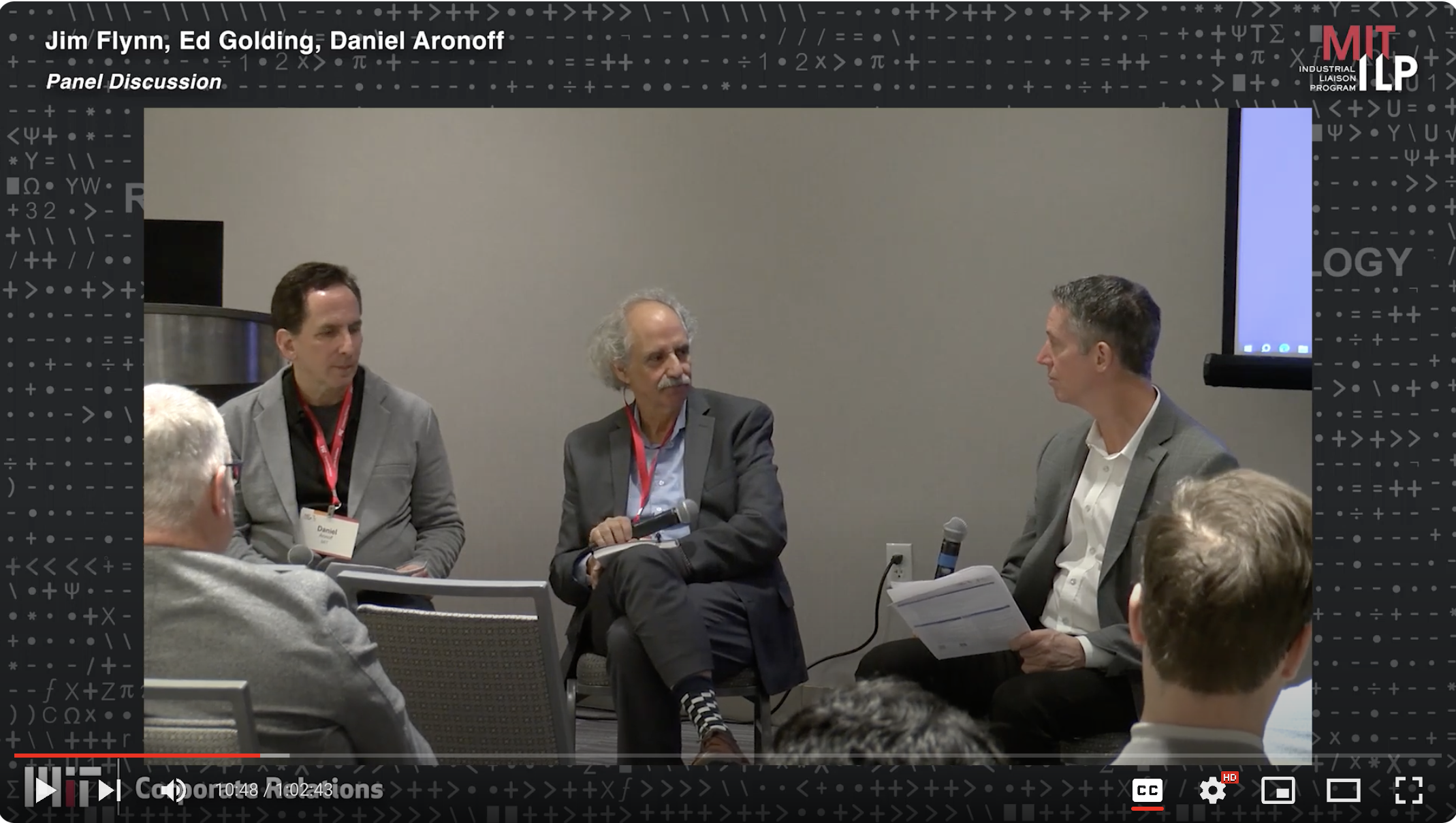As innovation in electronic payments accelerates, privacy considerations are becoming ever more important. While the generation and use of data is an intrinsic part of electronic payments and can benefit consumers and businesses, it may also present privacy concerns, particularly if there are not sufficient safeguards.
To study how emerging technology might safeguard consumers’ private information when making payments with a central bank digital currency, we conducted research with staff from the Bank of England over the past year. Our findings, published today, identify options for “Enhancing the Privacy of a Digital Pound.”
Read More










